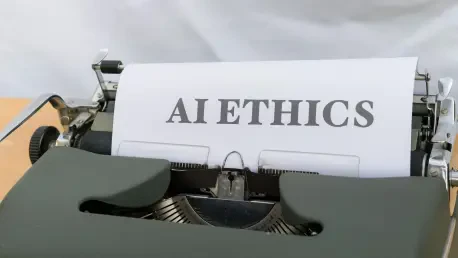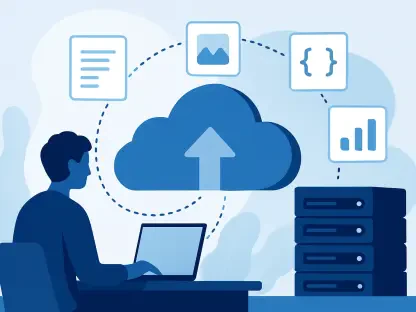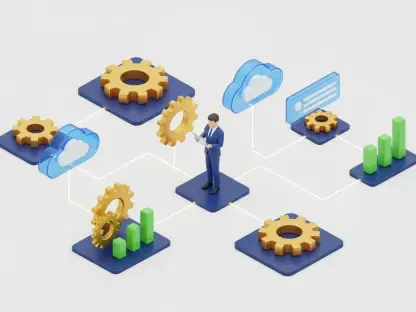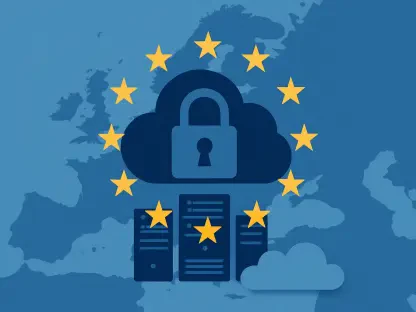The rise of decentralized artificial intelligence (DeAI) marks a transformative shift in how AI is developed, deployed, and governed, presenting a fundamental challenge to the centralized systems currently dominating the landscape. Traditional AI systems, typically controlled by a handful of powerful corporations, have prompted significant concerns over transparency, security, and ethical accountability. In response to these challenges, DeAI emerges as a promising alternative, leveraging blockchain technology and decentralized networks to distribute AI’s power and influence more equitably across society. This new paradigm aims to dismantle the monopoly on AI capabilities and innovations, promoting a more inclusive and democratized model for AI development. Through decentralized frameworks, the aim is to empower community-driven projects and ensure that the benefits and decision-making processes around AI are accessible to a broader range of participants, paving the way for a more equitable technological future.
Decentralized AI and Its Underpinnings
Decentralized AI seeks to address the concentration of power seen in traditional AI models by distributing the creation and management of artificial intelligence across a broader network. This is achieved using blockchain and distributed ledger technologies, which facilitate the creation of transparent, immutable records of transactions and interactions. By utilizing these technologies, DeAI allows for greater transparency and accountability in AI systems, reducing the risk of manipulation or censorship by any single entity. The decentralized approach envisions a system where independently trained AI models operate cooperatively rather than under the guidance of a centralized authority. This shifts the AI landscape from being focused on individual corporate interests to prioritizing collective benefit and innovation. Moreover, decentralized protocols ensure that contributions from various participants can be recognized and rewarded, promoting a collaborative environment where the quality and merit of AI outputs take precedence over traditional ownership models.
Economic and governance structures within decentralized AI paradigms are also markedly different from centralized counterparts. In a decentralized model, the emphasis is on community-driven cooperation and value creation. The control over AI systems is not just distributed technically but also economically, promoting transparency, accountability, and fairness. Economic incentives in these systems are aligned with participation and contribution, ensuring that stakeholders are rewarded based on their input’s utility and impact rather than purely financial ownership. The shift encourages a merit-based ecosystem, where decisions are guided by collective needs and values rather than individual profit motives. Governance mechanisms in DeAI often involve decentralized autonomous organizations (DAOs), which utilize consensus algorithms to empower community stakeholders with decision-making authority, thus embedding democratic principles into AI framework development.
Opportunities and Challenges of DeAI
Decentralized AI presents numerous opportunities for innovation and equitable access to AI resources, but it also introduces complex challenges. A key advantage of DeAI lies in its potential to reduce entry barriers for underrepresented groups and smaller entities, fostering a diverse ecosystem of contributors who can drive varied approaches to AI development. This diversification of input not only enriches the AI ecosystem but also ensures that AI solutions are more reflective of a wide array of societal needs and perspectives. With resources redistributed more evenly, smaller players can contribute to and benefit from AI advancements, which encourages a more inclusive technology landscape that empowers previously marginalized voices. Furthermore, the transparent governance afforded by blockchain-based systems bolsters trust in AI decision-making processes, which is particularly vital in sectors where AI’s impact on society is profound, such as healthcare and finance.
However, DeAI is not without its challenges. The complexity of implementing decentralized systems poses significant technical, regulatory, and ethical issues. Ensuring data security and integrity across decentralized networks is paramount to maintain the efficacy and trustworthiness of AI systems. Additionally, creating resilient networks requires careful balancing of computational efficiency with the need for secure and verifiable interactions. Governance structures must also evolve to accommodate the decentralized control of AI resources, which involves navigating diverse stakeholder interests and maintaining fairness in decision-making. Another critical challenge lies in defining standards for interoperability between decentralized AI solutions and existing systems, ensuring a seamless transition and integration with current infrastructures. Addressing these hurdles demands a concerted effort from technologists, policymakers, and ethicists to steward DeAI’s growth responsibly and sustainably.
Societal Implications and Future Considerations
The implementation of decentralized AI holds significant societal implications, as it fundamentally alters the nature of AI development and its integration into everyday life. By democratizing control and access to AI technologies, DeAI offers the potential to decentralize power structures that have historically been concentrated within a few powerful entities. This can lead to a more equitable distribution of AI’s benefits, ensuring that advancements are aligned with the broader public interest rather than serving narrow corporate or geopolitical objectives. Moreover, the collective nature of DeAI fosters a cultural shift towards transparency and trust, encouraging open innovation practices that elevate community-driven projects and collaborative problem-solving.
Looking ahead, the evolution of decentralized AI requires ongoing dialogue and collaboration among various stakeholders, including technologists, regulators, and civil society. This collaboration is essential to address the ethical and practical challenges that accompany DeAI’s adoption on a wider scale. Establishing robust governance frameworks that embrace diversity and prioritize human rights is crucial to ensuring that DeAI can fulfill its potential. Additionally, refining technical standards and developing scalable infrastructures will be pivotal in supporting DeAI’s growth while maximizing its societal impact. As the conversation around decentralized AI evolves, it presents an opportunity to redefine the role of artificial intelligence within society, emphasizing communally enriching outcomes and fostering environments where innovation thrives in alignment with shared values.
In Conclusion: A New Era of AI
Decentralized AI aims to redistribute the power concentrated in traditional AI models by broadening the network responsible for developing and managing artificial intelligence. This model leverages blockchain and distributed ledger technologies to create transparent, unchangeable records of transactions and interactions. By using these tools, Decentralized AI (DeAI) enhances transparency and accountability, significantly reducing the chance of manipulation or censorship by any single entity. This approach envisions an ecosystem where independently trained AI models collaborate, moving away from centralized control and focusing on the collective good and innovation. Such protocols enable contributions from various participants to be recognized and rewarded, fostering a cooperative environment where the quality and merit of AI outputs are prioritized over traditional ownership models.
In decentralized AI paradigms, economic and governance frameworks differ noticeably from their centralized counterparts. Here, community-driven cooperation and value creation are key. Control over AI systems extends beyond technical aspects to economic ones, enhancing transparency, accountability, and fairness. The economic incentives are aligned with active participation and contribution, ensuring rewards are based on the utility and impact of the input rather than mere financial ownership. This shift promotes a merit-based ecosystem, with decisions guided by communal needs and values instead of individual gain. Governance often involves decentralized autonomous organizations (DAOs), which use consensus algorithms to empower community stakeholders, embedding democratic principles in AI development.









